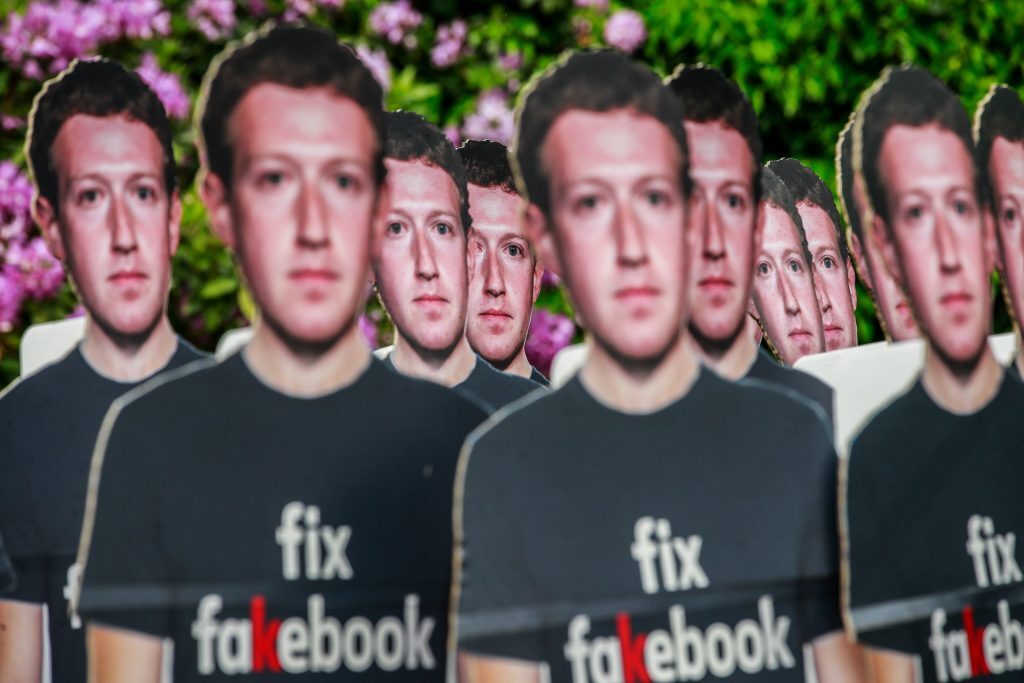The good news is Facebook has shut down white supremacists and hate speech. The bad news was that it happened after the live streaming of the horror Christchurch massacre in March. The even worse news is that Facebook’s notoriously lax policies around data privacy were confirmed when it was revealed that hundreds of millions of its users’ passwords were stored in an unencrypted plain text format.
It didn’t help that these both happened around the one-year anniversary of The Observer breaking the Cambridge Analytica scandal.
It was a bad few weeks for Mark Zuckerberg, the under-fire CEO whose own pronouncements on privacy being eroded – he called it an evolving “social norm” without any irony – seem to have set the tone of his own company. The world’s largest social network, with 2.2bn users, is facing an unprecedented onslaught of angry users, angry US district attorneys, and angry activists about its many, many ongoing scandals.
But like frogs who have not noticed they are in increasingly boiling water (which is so often used about South Africans in relation to news about corruption, state capture and Eskom), Facebook controversies are so frequent we’ve become immune to being outraged about them. This alone is deeply ironic, given how social media thrives on inspiring outrage.
The password scandal is arguably the most troubling, even if the live-streaming of a hate-fuelled massacre is the most heinous.
Not to be confused with 50m passwords were hacked in October, last month it emerged that Facebook’s own storing of between 200m and 600m passwords in an insecure way, according to renowned security authority Brian Krebs. They could have been searchable by more than 20,000 Facebook employees as far back as 2012, the former Washington Post reported on his respected KrebsOnSecurity site. It’s just mind-boggling.
The Christchurch massacre has finally spurned Facebook into action. It has been terrified of a right-wing backlash since Gizmodo reported in May 2016 that former Facebook “news “routinely suppressed conservative news” and has consistently looked the other way when nutters like Alex Jones and Holocaust denialists have run rampant. Christchurch was the step too far and required action.
Last Saturday Zuckerberg took a rather extraordinary step of calling for more government regulation around the internet in an opinion piece for The Washington Post.
Calling for a more active role for governments and regulators, he said: “By updating the rules for the Internet, we can preserve what’s best about it — the freedom for people to express themselves and for entrepreneurs to build new things — while also protecting society from broader harms…. [and] need new regulation in four areas: harmful content, election integrity, privacy and data portability”.
On the face of it, it seems positive doesn’t it. But immediately critics have pointed out Zuckerberg is trying to get ahead of these inevitable regulations and shape how they are implemented.
He called for “third-party bodies to set standards governing the distribution of harmful content and to measure companies against those standards” – a not-so-veiled attempt at self-regulation. That doesn’t bode well given the record so far. Other suggestions around the EU’s strict GDPR data privacy make sense when you understand that Facebook already has to abide by them so might as well do it across the board.
March wasn’t a good month for Facebook, nor does Zuckerberg’s missive seem to allay concerns that its problems continue to persist.
This column first appeared in Financial Mail




